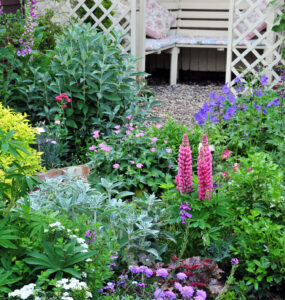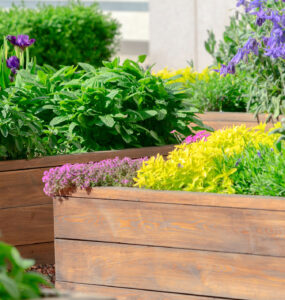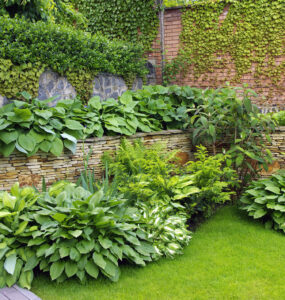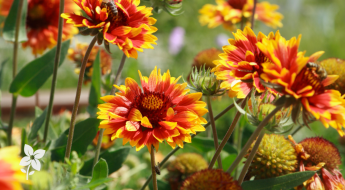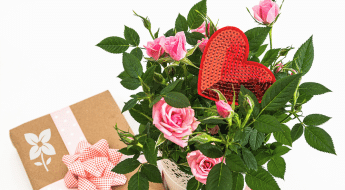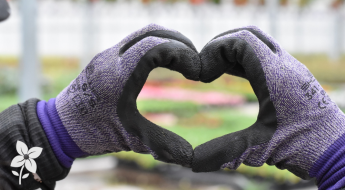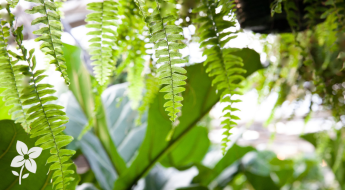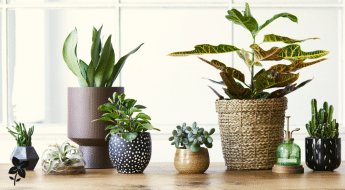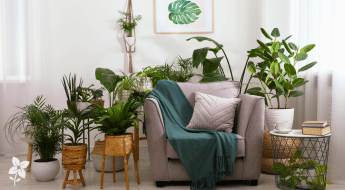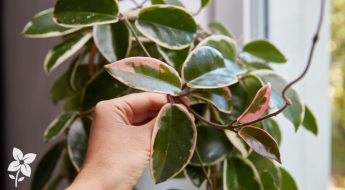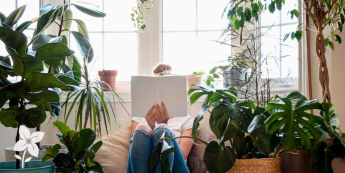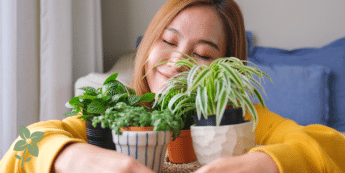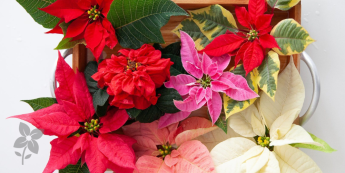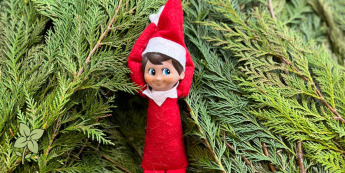The Zero Waste movement is quickly picking up speed. It’s no secret that we’ve been relying on disposable goods for way too long, prioritizing convenience over responsibility. The consequences of this systemic problem are pretty hard to ignore. I mean, there’s a mass of garbage twice the size of Texas swirling around in the Pacific Ocean, for Pete’s sake! Reducing waste and lessening our reliance on single-use disposables can make a major impact, especially if we all work on it together. This applies to gardening too! We might assume gardening is nothing but good for our earth, but there’s a few key areas that require a little extra diligence, so we don’t end up doing more harm than good.
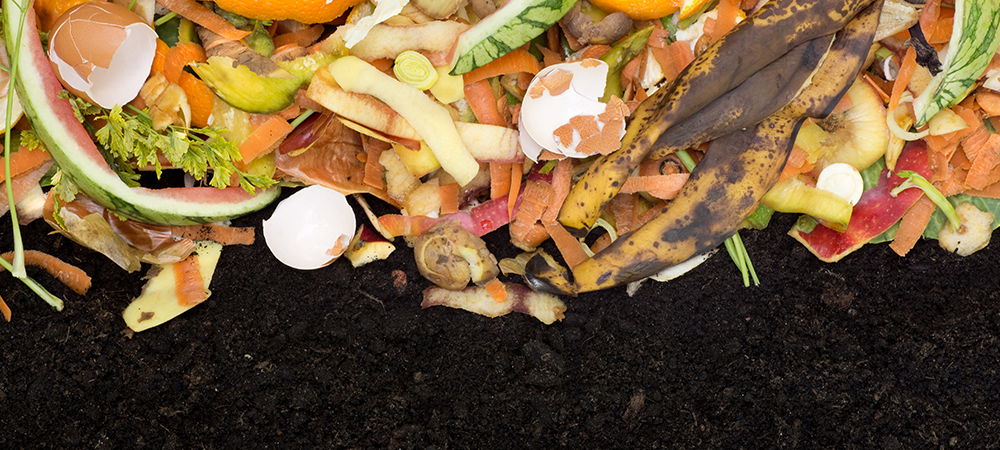
So, why should we change the ways we garden for the environment?
Let’s crunch some numbers: 1/3 of all our food gets wasted and thrown out”” atsa lotta food! And guess what the #1 largest source of waste is in our landfills? That’s right, it’s wasted food. When we think of waste issues, we often focus on the plastics and non-biodegradable materials but forget to consider our habit of throwing away all our leftover chow. That material piles up and produces a ton of methane, which is a major contributor to global warming. That’s why reducing food waste is so crucial. So, how does this relate to gardening? Well, instead of sending all that old food into the landfill, you can put it back into your garden! Plus, if you’re gardening for food, being mindful of how you manage your harvest will make a world of a difference.
A Gardener’s Tips for Zero Waste Living
We’ve compiled a list of simple ways to make a big impact on how we manage waste, not just as everyday consumers, but as environmentally-conscious gardeners. It may take a bit of effort to get started, but once you get into the habit, it’ll become second nature.
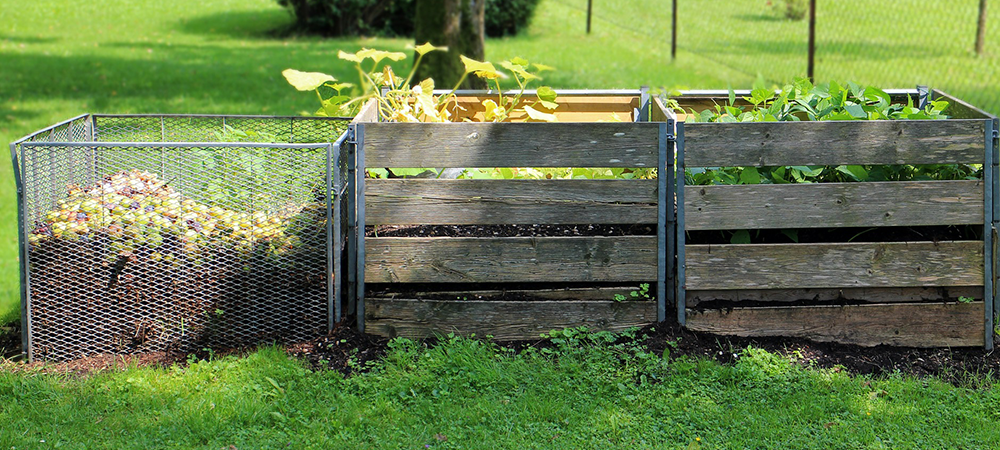
Start making organic compost. We can’t stress this one enough. Setting up a compost bin in your yard can help you reduce your household waste by 40%! Plus, you’re left with rich, nutrient-dense organic matter that will enrich your soil and help your plants grow lush and beautiful. Tons of old food waste can go into the bin: coffee grounds, egg shells, fruit peels, tea bags, and even non-food items like paper and dryer lint! There are a few things that definitely don’t belong in compost, like meat, ashes, animal droppings or coloured paper, so check online for a handy cheat sheet of what goes in and what stays out of the box.
Freeze your excess harvests. Any food gardener knows the struggle of trying to eat up a hundred fresh tomatoes before they go bad, but a simple solution is popping those puppies in the freezer! Loads of other fruits and veggies can be frozen as well, so if you find yourself with an overwhelming surplus of food from the garden, just use up what you need for now and freeze the rest for later.
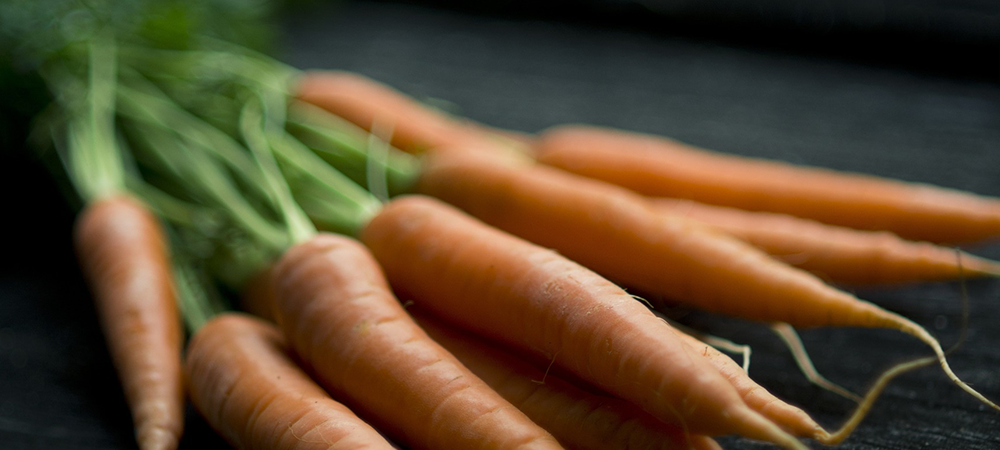
Try “Root to Stem” cooking. There are so many parts of plants that we carelessly toss away without realizing their nutritional benefits. You can find an endless assortment of recipes online to make use of commonly discarded foods like apple cores, carrot tops, avocado seeds, banana peels, and so much more.
Practice conscious consumption. When it comes to purchasing food or supplies for everyday living, try to plan ahead and not buy on impulse. Think critically about what you really need, and what you can reasonably make use of without it going to waste. Sure, a ten pack of Cap’n Crunch for the price of five sounds pretty amazing”¦ But do you really think you can crush that many boxes?
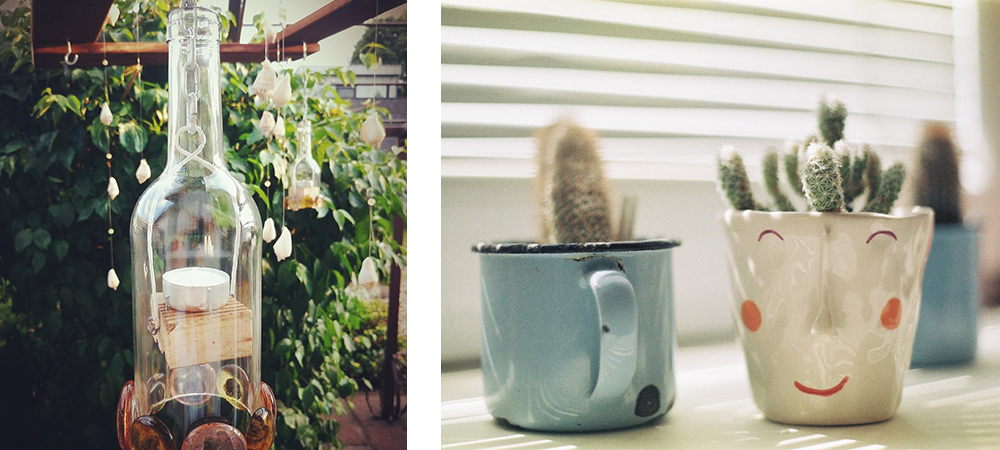
Upcycle like a pro. Get creative with old junk! A cracked teacup makes a perfectly good container for starting seeds. Create a flower and herb garden along your fence by giving some old coffee cans a fresh coat of paint, nailing them to your fence posts and filling them with seedlings! Old furniture drawers make fantastic raised garden beds. Just use your noggin and think of innovative ways to avoid tossing used or broken stuff in the trash!
Do a solid for our old pal Mother Nature and get into the habit of zero waste gardening! Food is a valuable resource and there’s no need to be tossing it away, so make your eco garden practices as environmentally responsible as you can. It’s a little extra effort that goes a long way in reducing the impact of humankind on our earth.
Get more tips and tricks on how to become an environmentally-friendly gardener at one of our seasonal gardening workshops in Sherwood Park, Alberta.

